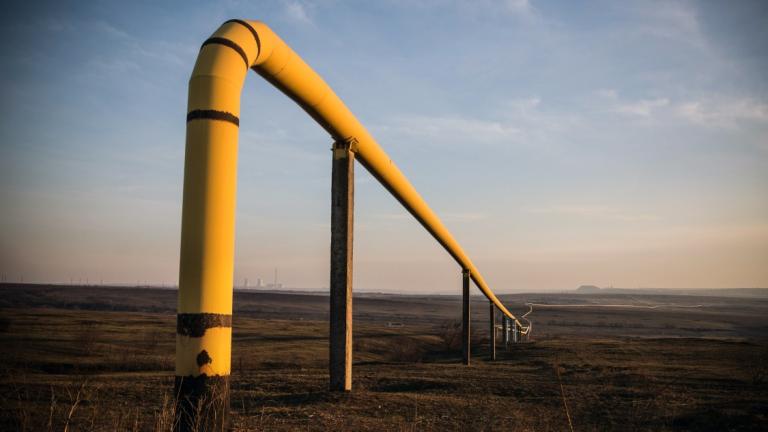
Russian president Vladimir Putin’s decision to send troops into Ukraine spooked energy markets this week, amid fears that the escalating conflict and ensuing sanctions could disrupt global fossil-fuel supplies.
Russia is one of the world’s largest producers of petroleum, natural gas, and coal, so any actions that curtail exports could have global ripple effects, pushing up prices and slowing economic growth. Western Europe is particularly vulnerable because it’s heavily dependent on Russia’s fossil fuels, despite determined efforts to switch to cleaner energy sources in recent years.
Oil, natural gas, coal, and other fossil fuels accounted for more than 70% of total energy consumption within the European Union, according to a report last year from the European Commission. Russia supplied more than 41% of the natural gas, nearly 27% of the crude oil and liquids separated from natural gas, and about 47% of the coal.
Even Germany, Europe’s largest economy, which has invested heavily in renewable energy sources, is still deeply reliant on fossil fuels, particularly for heating and transportation. Non-fossil-fuel sources meet only 16% and 7.5% of those needs, respectively.
In response to Putin’s actions, German chancellor Olaf Scholz announced plans to halt development of the Nord Stream 2 pipeline, designed to carry natural gas between Russia and the northern part of that nation.
In addition, the European Union and United States imposed a variety of sanctions that included tight restrictions on some state-owned financial institutions and Russian elites. US president Joe Biden pledged to take more severe actions against Russia “if it continues its aggression.”
He stressed that the administration was taking deliberate steps to ensure that the conflict doesn’t push up energy costs for US consumers.
Read the full article at: https://www.technologyreview.com/2022/02/23/1046429/how-the-ukraine-invasion-could-accelerate-europes-clean-energy-shift/






